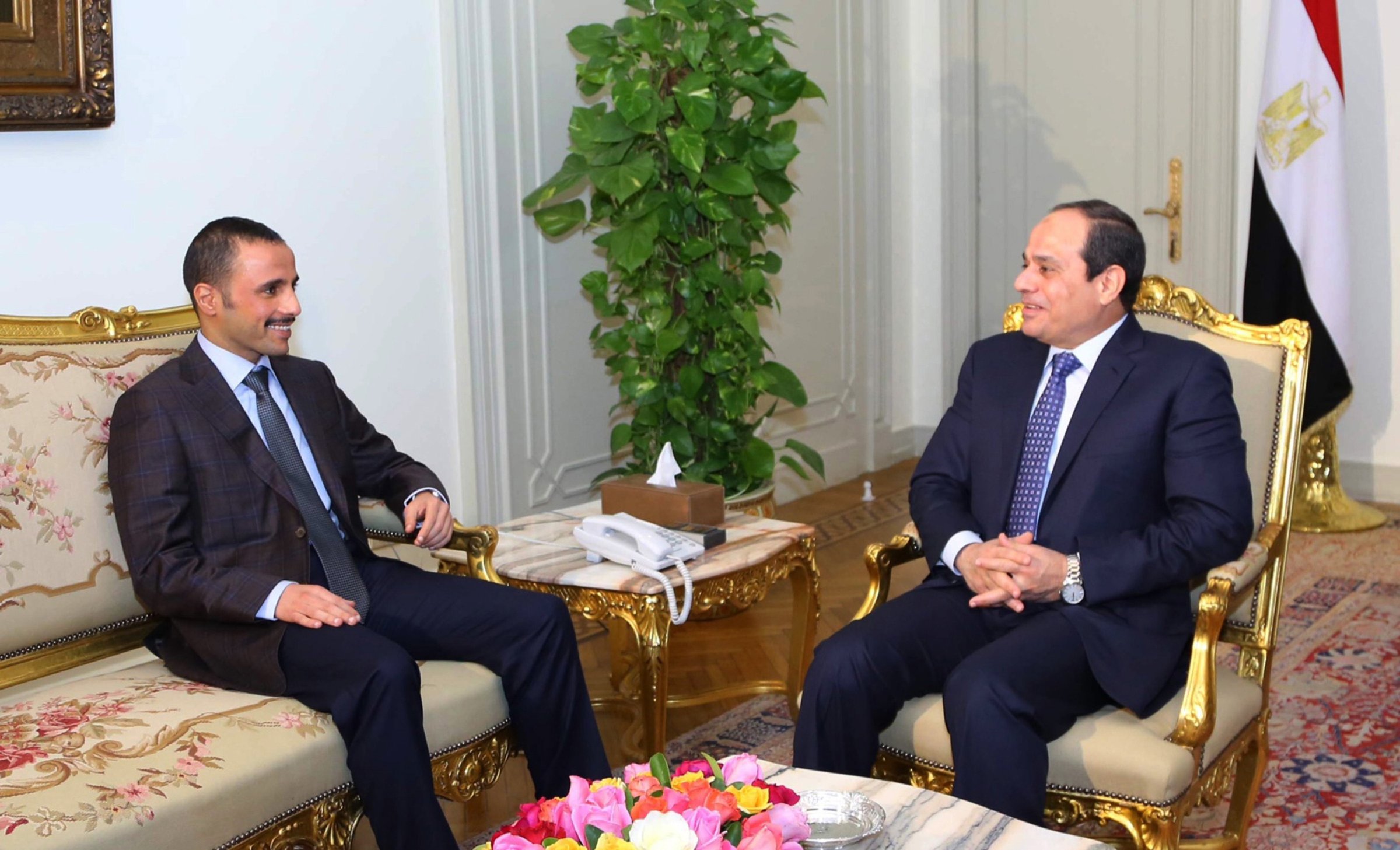
The good news for Egypt: Inexpensive oil means the government needs to spend less on its fuel subsidies for its energy-hungry population of 86 million people, the third largest in the Middle East.
The bad news: Rich oil-producing countries in the region are making less money on their primary exports and thus may eventually have to reduce the financial aid they’ve been showering on Cairo.
The price of oil has plummeted by nearly 50 percent since June, leaving benchmark crudes now trading at around $60 per barrel, down from their peak of more than $110. If the current price of oil holds, the Egyptian government is expected to save $4.2 billion on fuel subsidies in the fiscal years that spans parts of 2014 and 2015, a 30 percent reduction, says Egypt’s Petroleum Minister Sherif Ismail.
MORE Did The Saudis And The US Collude In Dropping Oil Prices?
The low price of oil has benefits that go far beyond the subsidies, according to one company, Citadel Holding, also known as Qalaa Holding, a major business conglomerate in Egypt. In a report issued Dec. 18, the conglomerate claimed that cheap oil would help cut the country’s budget deficit and balance of payments by at least $5.5 billion.
“This value can be increased with the lowering of prices of other goods, which will contribute to a healthy economic environment in Egypt,” Citadel said. It said the drop in energy costs also has specifically benefited Citadel in all its enterprises, from logistics to transportation to cement and, of course, energy.
Egypt’s economy has been weak since the popular uprising in 2011 that led to the ouster of long-time President Hosni Mubarak. Rich oil states in the Persian Gulf have contributed heavily to keep Egypt stable under Abdel Fattah al-Sisi, who overthrew Mubarak’s democratically elected successor, Mohamed Morsi, in 2013.
The Gulf States oppose Morsi’s Muslim Brotherhood, regarding the Islamist political movement as a threat. They have sent Egypt goods and money worth $10.6 billion during Cairo’s 2013-2014 fiscal year in efforts to strengthen the country’s economy to improve its neglected subsidy system. They plan to give billions of dollars more at an international conference in March.
MORE A Truce In The Holy Oil War?
The amount of this aid to Egypt will probably remain stable, at least for the near term, as long as oil prices don’t fall much further. Yet not all OPEC members are as rich as Gulf States such as Saudi Arabia. Venezuela and Iran have been outspoken against the cartel’s decision not to cut production to shore up prices at its Nov. 27 meeting in Vienna.
Further, a survey by Bloomberg News shows that oil prices now are too low for 10 of OPEC’s 12 members to balance their governments’ budgets. The exceptions, the news agency reports, are Kuwait and Qatar. Saudi Arabia may be losing money on oil at the moment, Bloomberg says, but its treasury has nearly three-quarters of a trillion dollars in reserve.
“This is a double-edged sword,” said Justin Dargin, a Middle East specialist at the Oxford Institute for Energy Studies. “If oil prices remain low, it is likely that its Gulf patrons will be forced to reduce some of their funding.”
This post originally appeared on OilPrice.com.
Read more from Oilprice.com:
More Must-Reads from TIME
- Donald Trump Is TIME's 2024 Person of the Year
- Why We Chose Trump as Person of the Year
- Is Intermittent Fasting Good or Bad for You?
- The 100 Must-Read Books of 2024
- The 20 Best Christmas TV Episodes
- Column: If Optimism Feels Ridiculous Now, Try Hope
- The Future of Climate Action Is Trade Policy
- Merle Bombardieri Is Helping People Make the Baby Decision
Contact us at letters@time.com